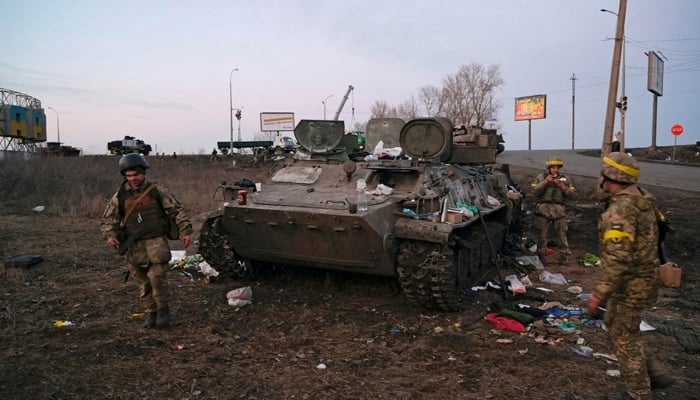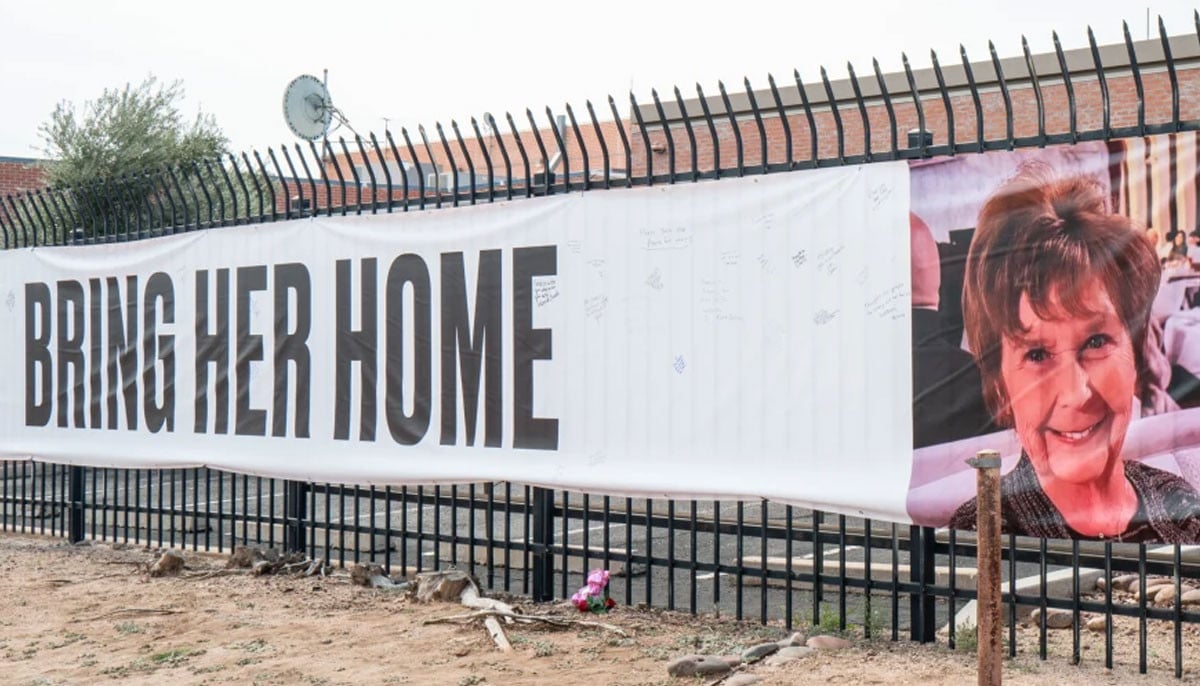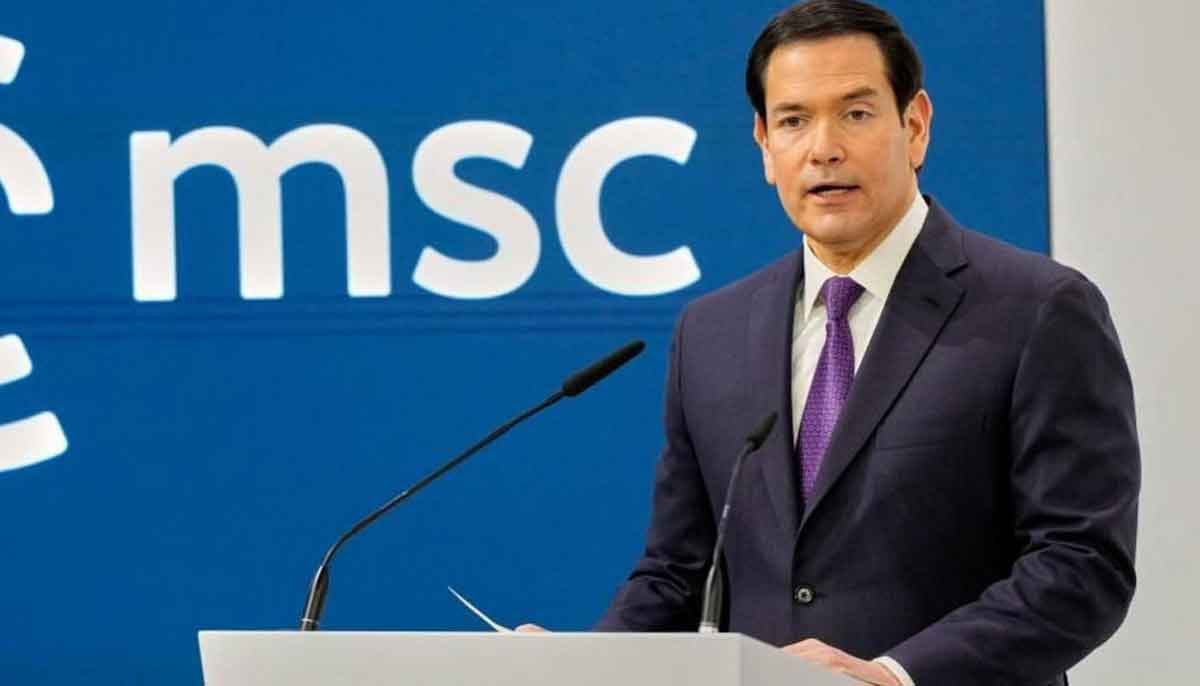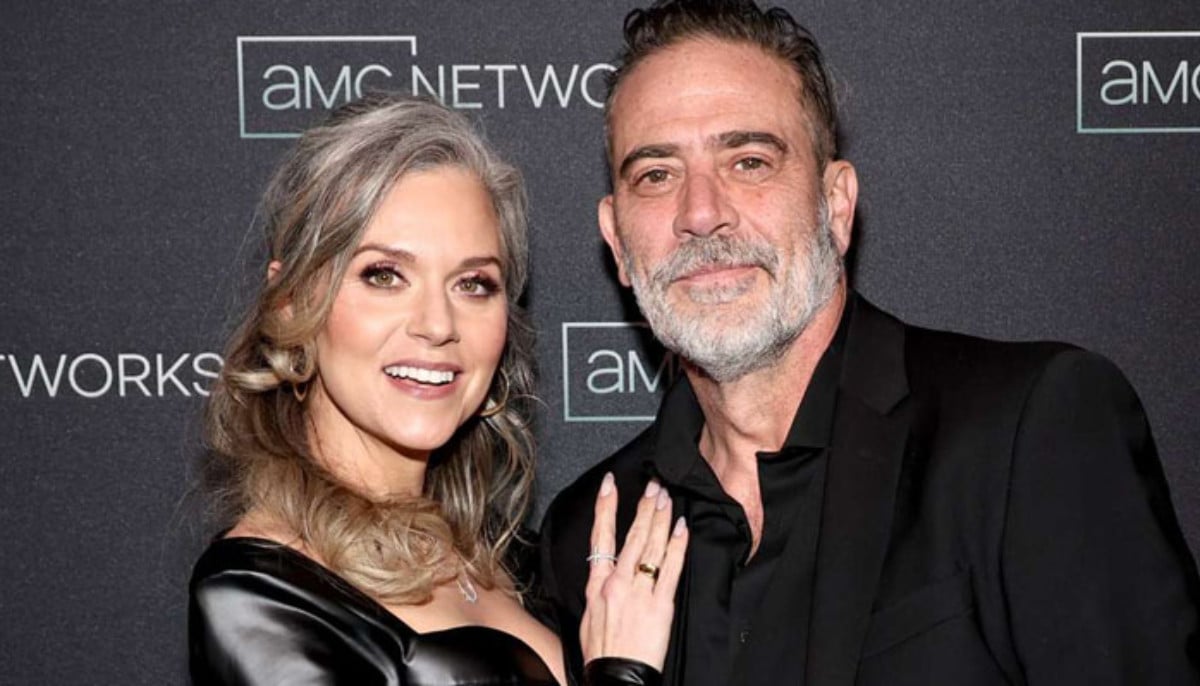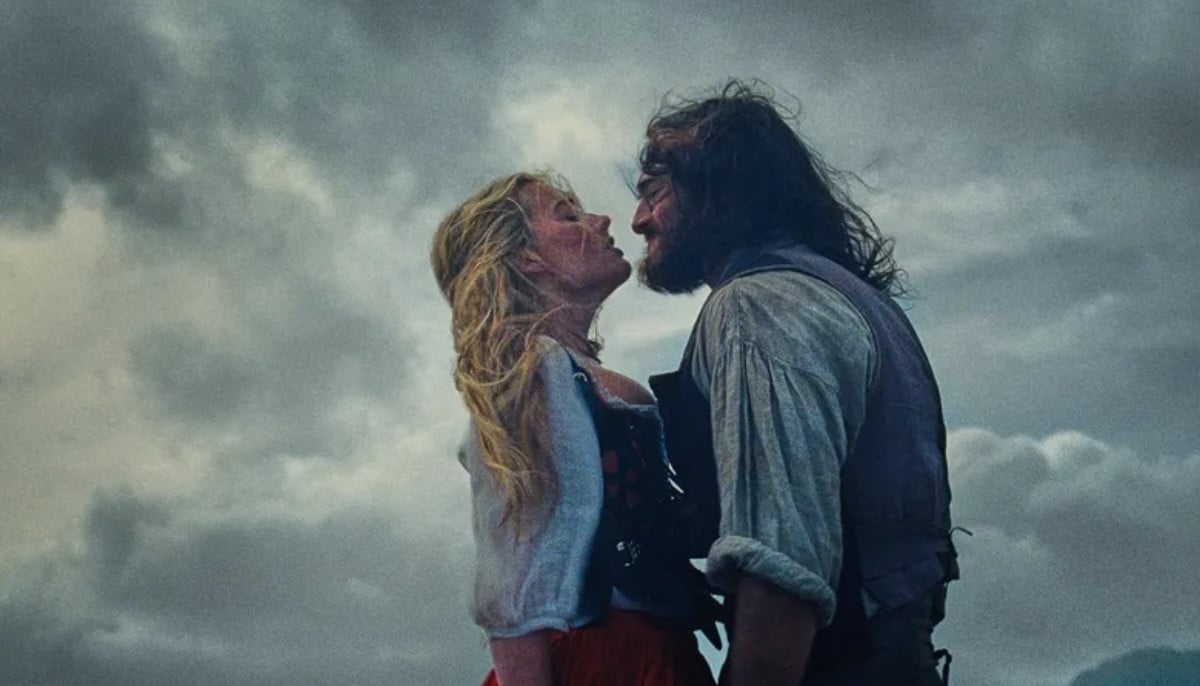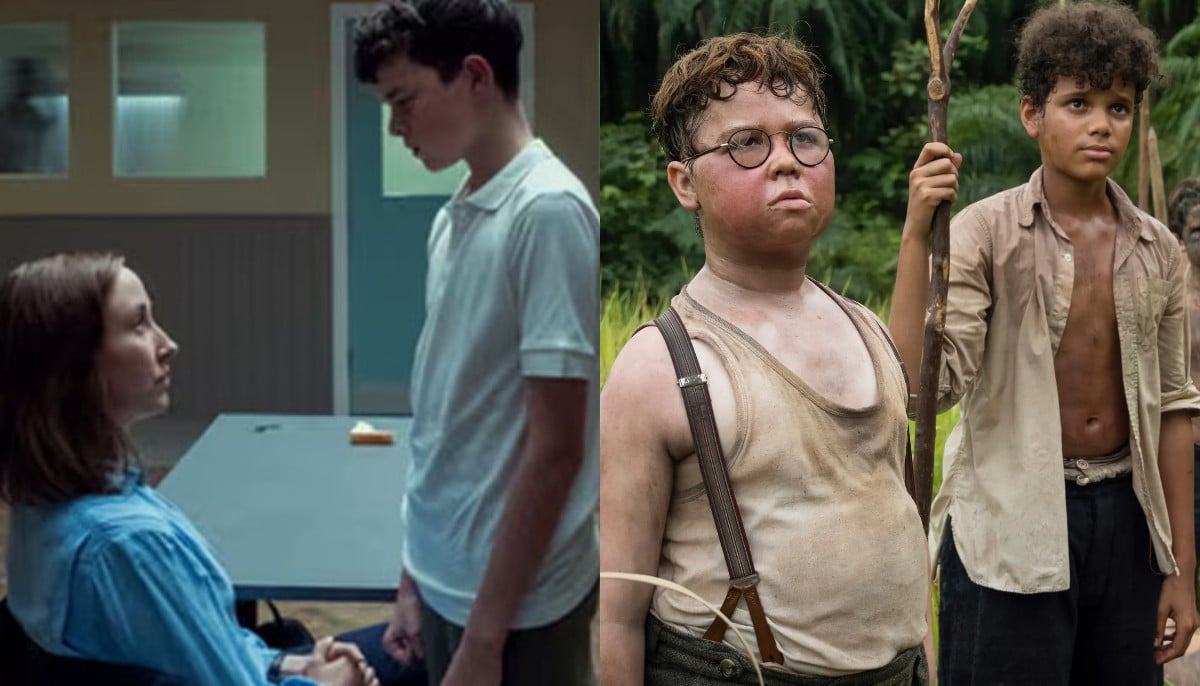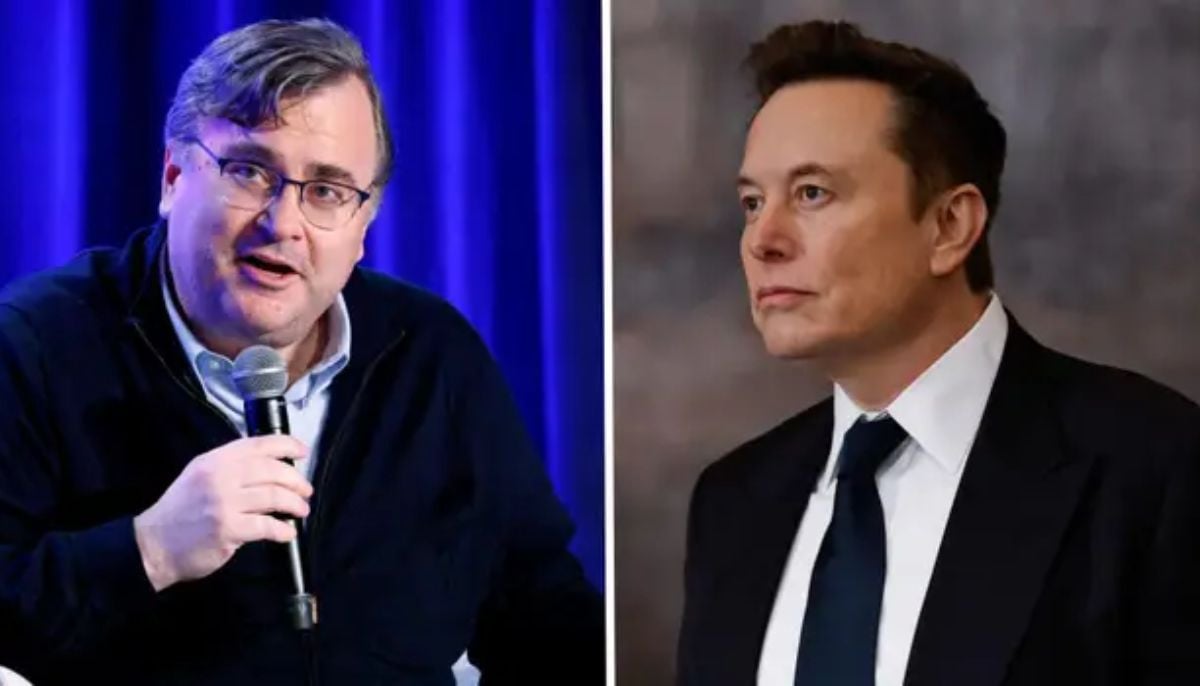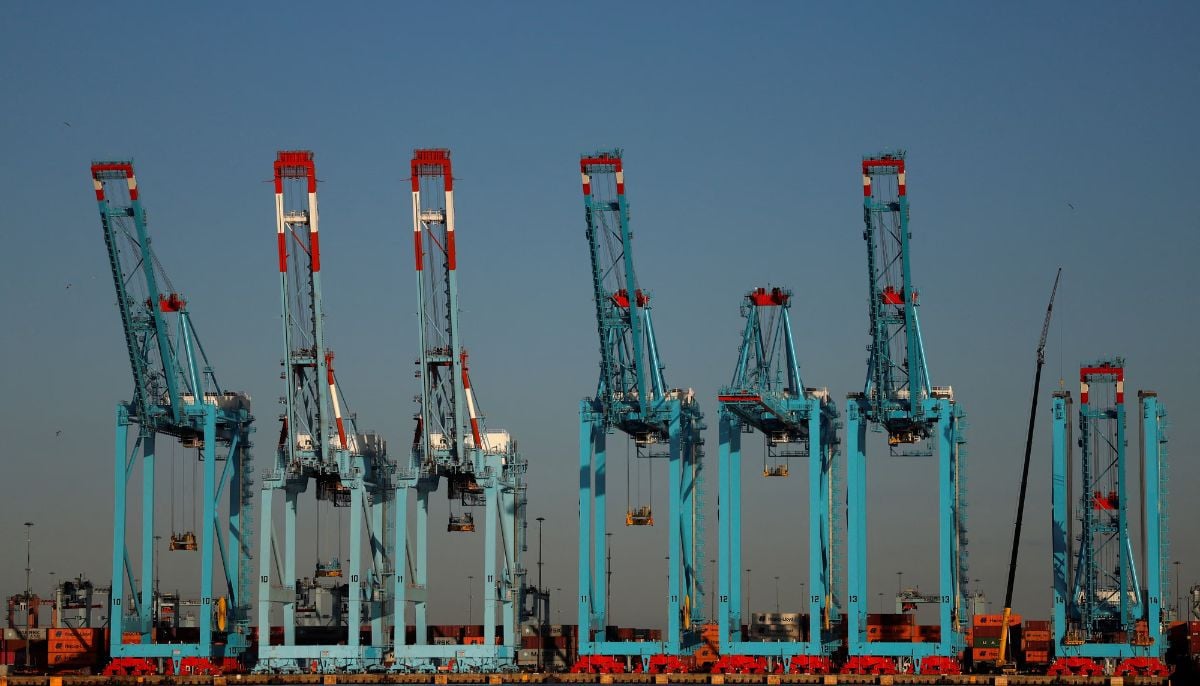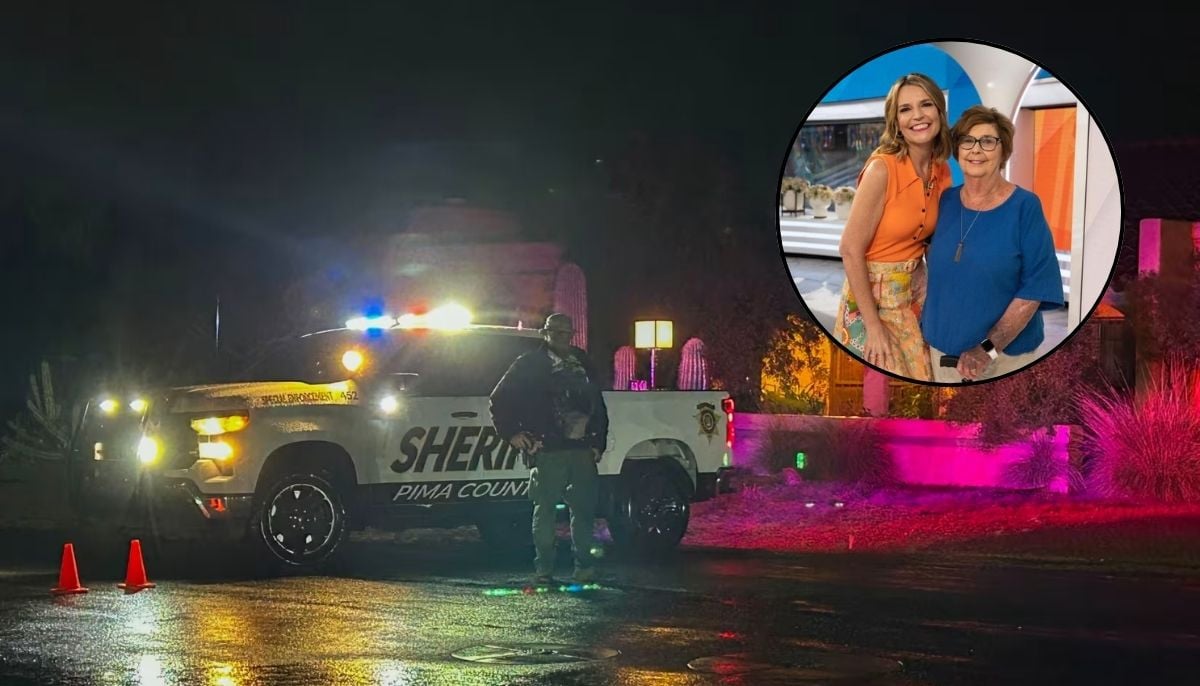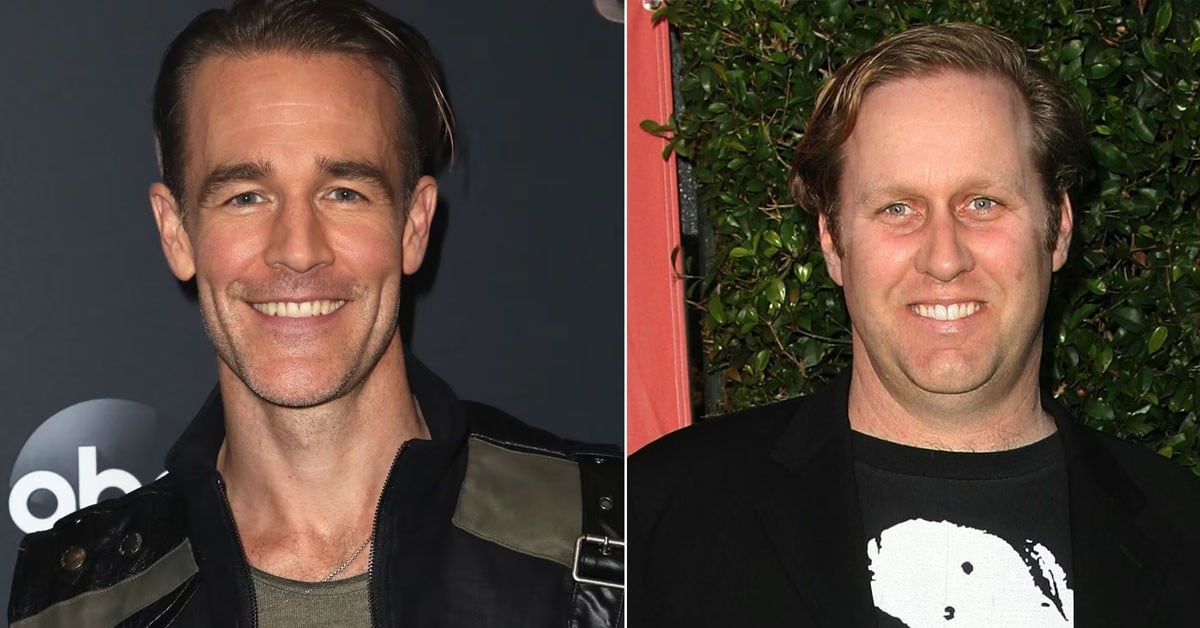Ukraine has 'advanced well' in Russia's Kursk: Zelensky
"The creation of a buffer zone in the Kursk region is a step to protect our border communities from daily hostile shelling," says interior minister
KYIV: President Volodymyr Zelensky said Wednesday that Ukrainian troops had "advanced well" in Russia's Kursk region, as Kyiv's biggest cross-border attack stretched into a second week.
The Ukrainian army entered the Kursk region on August 6, capturing dozens of settlements in the biggest offensive by a foreign army on Russian soil since World War II.
"Today we have advanced well in the Kursk region. We are achieving our strategic goal," Zelensky said in his evening address.
He had also spoken of gains of "one to two kilometres (0.6-1.2 miles) in different areas since the beginning of the day" in a social media post earlier on Wednesday.
Interior Minister Igor Klymenko said Ukraine would create a "buffer zone" in the region to prevent Russian cross-border strikes.
"The creation of a buffer zone in the Kursk region is a step to protect our border communities from daily hostile shelling," he said.
The neighbouring Russian region of Belgorod, where 11,000 people have been evacuated, declared its own state of emergency, as the governor warned the situation was "extremely difficult" due to Ukrainian shelling and drone attacks.
An AFP analysis of data provided by the Institute for the Study of War (ISW) indicated Ukrainian troops had advanced over an area of at least 800 square kilometres (310 square miles) of Russia as of Monday.
Russia said it had repelled Ukrainian attempts to push further into five areas of Kursk.
"The attempts by enemy mobile units using armoured equipment to break through deeper into Russian territory have been repelled," its defence ministry said.
Since launching its invasion in February 2022, Russia has captured territory in southern and eastern Ukraine and subjected Ukrainian cities to missile and drone barrages.
After re-capturing some lost territory in 2022, a long-awaited Ukrainian counter-offensive last year largely petered out.
'It's very worrying'
Ukraine said Tuesday it would not hold on to Russian land it captured and offered to stop raids if Moscow agreed to a "just peace".
"The sooner Russia agrees to restore a just peace... the sooner the raids by the Ukrainian defence forces into Russia will stop," foreign ministry spokesman Georgiy Tykhy said.
US President Joe Biden said Tuesday the incursion had given Russian President Vladimir Putin a "real dilemma".
More than 120,000 Russians have fled their homes in Kursk's border areas, with the region's governor announcing late Wednesday that another district had been evacuated.
Ukraine said it would "open humanitarian corridors" for civilians in the captured territory so they can evacuate towards Russia or Ukraine.
It also said it would let "international humanitarian organisations" into the area and that it had opened a hotline for Russians who want to be evacuated.
Footage from Ukrainian TSN news, purportedly taken inside the Kursk town of Sudzha, showed Ukrainian soldiers climbing atop a building and removing a Russian flag, shouting "Glory to Ukraine!".
Russians in Moscow told AFP they were concerned by Ukraine's operation, which caught the Kremlin off guard.
"I have relatives living there and they refuse to leave. It's really hard," said salesperson Yulia Rusakova.
"This whole situation is a big blow. It's very hard to lead a normal, calm life, knowing that such things are happening there," she said.
Olga Raznoglazova, a 36-year-old account manager visiting from the Kursk region, said she felt the operation had brought the war closer.
"Now, when it is happening right next door to us... it is a completely different feeling," she said. "It's very worrying."
Putin has vowed to "dislodge" Ukrainian troops from Russian territory, accusing the neighbour of using the operation to "improve its negotiating position" in any future talks.
Blindfolded POWs
On the Ukrainian side of a Kursk border area, AFP reporters saw evidence of the intensity of the fighting.
Concrete fortifications lay toppled and the remains of security and customs buildings could be seen caved in.
On the road, around 10 blindfolded and bound men in Russian military fatigues were being driven away from the border crossing in the direction of the city of Sumy on Tuesday.
The Russians "didn't protect the border", a Ukrainian serviceman who took part in the offensive and identified himself as Ruzhyk told AFP in the Sumy region.
"They only had anti-personnel mines scattered around trees at the side of the road and a few mines that they managed to quickly throw along the highways," he said.
Separately, Ukrainian forces fired long-range drones at the Voronezh, Kursk, Savasleyka and Borisoglebsk airfields in central and western Russia overnight, a source in Kyiv's security services told AFP.
The operation was the "largest attack on Russian military airfields" during the war and aimed to stop them from being used to launch strikes, the source said.
-
Hilarie Burton reveals Valentine's Day plans with Jeffrey Dean Morgan
-
Jacob Elordi, Margot Robbie on 'devastating' scene in 'Wuthering Heights'
-
China to implement zero tariffs on African imports in major trade shift
-
Jack Thorne explains hidden similarities between 'Lord of the Flies' and 'Adolescence'
-
Elon Musk vs Reid Hoffman: Epstein files fuel public spat between tech billionaires
-
New Zealand flood crisis: State of emergency declared as North Island braces for more storms
-
Nancy Guthrie case: Mystery deepens as unknown DNA found at property
-
James Van Der Beek's final conversation with director Roger Avary laid bare: 'We cried'
